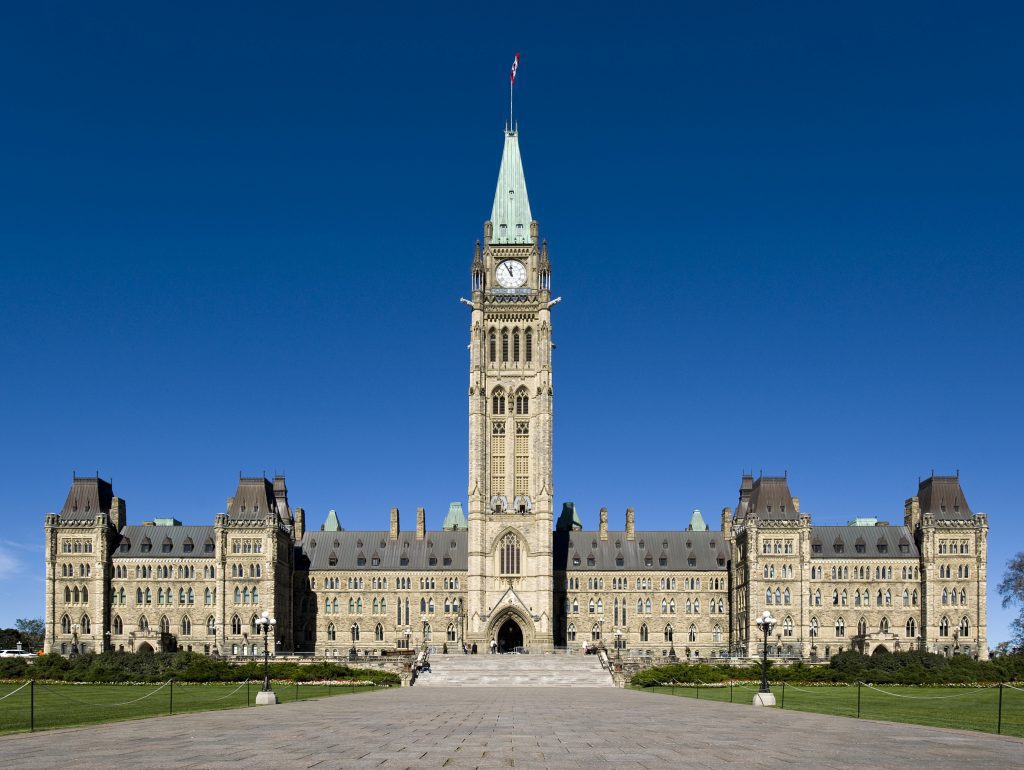Statement by Julia Levin, Associate Director, National Climate
Dubai, UAE – The most important outcome from COP28 will be the final Global Stocktake (GST) text. The GST will set out the most important commitments and pledges made by governments during the negotiations, therefore sending an important political signal. The final text will also provide a blueprint on which countries develop their next round of targets. Earlier this evening, the COP Presidency released the latest version of the draft GST text.
Environmental Defence is extremely disappointed with the language in the GST text. The commitments have been significantly watered down from the previous version, on several fronts. Environmental Defence urges the Government of Canada to push for more ambitious action in the final text, expected to come out on December 12th.
“The draft text is unacceptable. We are calling on the Government of Canada to use their political muscle to push for what is truly needed: a fair, fast and funded phase out of all fossil fuels – without any dangerous loopholes. That outcome will only be achieved if Canada and other wealthy countries finally take responsibility for their oversized contributions to the climate crisis by providing financial support and assistance to developing countries, to ensure no one is left behind in the energy transition. The science does not compromise: we must leave oil, coal and gas in the ground.”
A Fossil Fuel Phaseout
The litmus test for COP28 is whether it will deliver a full, fast, fair and fully funded fossil fuel phase out. Not only is this what the science dictates as necessary to ensure global heating does not exceed 1.5 degrees, but the momentum behind a fossil fuel phaseout has never been greater. In fact over 100 countries have been calling for it over the past two weeks, including the Government of Canada.
Whereas a previous version of the GST text included language on the need to phase out fossils in alignment with science, the latest draft text only includes a call to reduce the consumption and production of fossil fuels. (Reducing both consumption and production of fossil fuels, in a just, orderly and equitable manner so as to achieve net zero by, before, or around 2050.)
The final GST text must include a commitment to phasing out all fossil fuels, with wealthy countries required to demonstrate progress this decade.
Dangerous Distractions
The draft GST text contains too many references to dangerous distractions, including carbon capture and hydrogen. Carbon capture and hydrogen are being promoted by oil and gas executives in order to prolong our dependence on fossil fuels. But they are ineffective, unnecessary and risky. Abatement is not a solution, it’s a license to pollute. All references to false solutions, including carbon capture and hydrogen, must be removed.
Ensuring Equity
Developed and developing countries cannot be expected to move at the same pace and scale when it comes to transitioning their economy off of fossil fuels. Wealthy countries like Canada, who have long benefitted from an oil and gas sector and are less reliant on the sector today, must lead the energy transition. This includes quickly phasing out their own fossil fuel production first, as well as providing the financial and technical support that is needed by developing countries to transition their own economies.
Ending Fossil Fuel Subsidies
Canada and other G20 countries first committed to ending inefficient fossil fuel subsidies back in 2009. Since then, the word inefficient, which has no agreed upon definition, has been used to justify ongoing and even new fossil fuel subsidies, as governments deem these ‘efficient’. It is time to drop the weasel word. Countries must agree to end all fossil fuel subsidies, without delay.
Ensuring a Just Transition
Countries came to COP28 with the mission to create a work program on just transition, to tackle the social and economic impacts of climate action. Yet the latest draft of the GST text only has a placeholder for future just transition language. Parties must rapidly agree to a just transition work programme that is inclusive of human, Indigenous and labour rights, and delivers actionable decisions such as input to the next round of domestic climate plans. Failing to deliver on just transition will hinder the world’s ability to ramp up climate action.
ABOUT ENVIRONMENTAL DEFENCE (environmentaldefence.ca): Environmental Defence is a leading Canadian environmental advocacy organization that works with government, industry and individuals to defend clean water, a safe climate and healthy communities.
– 30 –
For more information or to request an interview, please contact:
Alex Ross, Environmental Defence, media@environmentaldefence.ca





